As the world shifts towards electrification and sustainable energy, the V8 engine remains a symbol of power and performance. Even in 2030, gasoline-powered V8s will hold significant relevance in the automotive landscape, reflecting a blend of cultural heritage, thrilling performance, and technological advancements.
The Cultural Significance of V8 Engines
The historical roots of V8 engines run deep in automotive culture, especially within the American muscle car scene. Icons like the Ford Mustang GT and Chevrolet Camaro SS have established a legacy that celebrates raw power and speed. These vehicles are more than just machines; they represent freedom, rebellion, and a spirit of adventure that resonates with car enthusiasts of all ages.
Communities and car clubs dedicated to V8 culture play a crucial role in preserving this legacy. Events such as the annual Muscle Car and Corvette Nationals showcase the fervor of enthusiasts who gather to share their passion for these powerful engines. This vibrant community ensures that the appreciation for V8s continues, fostering a sense of belonging and shared enthusiasm among fans.
Moreover, media and pop culture have significantly influenced the allure of V8 engines. Movies like “Fast & Furious” and “Gone in 60 Seconds” often highlight the thrilling chase scenes featuring roaring V8s, cementing their status in popular imagination. The music scene also embraces V8 culture, with songs celebrating the sound and power of these engines, feeding into the public’s desire for performance cars.
Performance and Driving Experience
The unique characteristics of V8 engines, such as their power delivery and torque, are unmatched by electric alternatives. The immediate response when stepping on the gas pedal and the exhilarating acceleration are experiences that driving enthusiasts crave. For example, the 2023 Dodge Charger Hellcat, with its supercharged V8, offers a visceral connection between driver and machine that electric vehicles have yet to replicate.
The auditory experience of a V8 engine is another aspect that sets it apart. The deep rumble and throaty growl create a symphony that resonates with gearheads everywhere. While electric vehicles may offer a quiet and smooth ride, they lack the emotional engagement that comes with the sound of a roaring V8, making it difficult for them to compete on an emotional level.
Furthermore, the aftermarket support for V8 engines allows enthusiasts to modify and enhance their performance vehicles. Companies like Edelbrock and Borla provide a myriad of tuning options, enabling car owners to personalize their rides. Whether it’s increasing horsepower or modifying exhaust systems for a more aggressive sound, the potential for customization keeps the V8 community vibrant and engaged.
Technological Innovations in Gasoline Engines
Despite the growing focus on electric vehicles, modern V8 engines are becoming more efficient thanks to advancements in technology. Features such as direct fuel injection and turbocharging are enhancing performance while reducing emissions. For instance, the 2021 Chevrolet Silverado’s 6.2L V8 now offers improved fuel economy without sacrificing power, showcasing that traditional engines can adapt to modern demands.
The emergence of hybrid V8 models is another exciting development. Automakers like Ford are exploring hybrid systems that combine electric assistance with traditional V8 power, resulting in vehicles that can deliver thrilling performance while being more environmentally friendly. The Ford F-150 PowerBoost Hybrid, for example, incorporates a hybrid system that enhances both power and efficiency, appealing to a broader audience.
Manufacturers are also adapting V8 technology to meet increasingly stringent emissions regulations. Companies like General Motors are investing in cleaner combustion technologies, ensuring that V8 engines can coexist with the rising tide of electric vehicles. This adaptability is crucial as the automotive landscape evolves, allowing V8s to remain relevant while addressing environmental concerns.
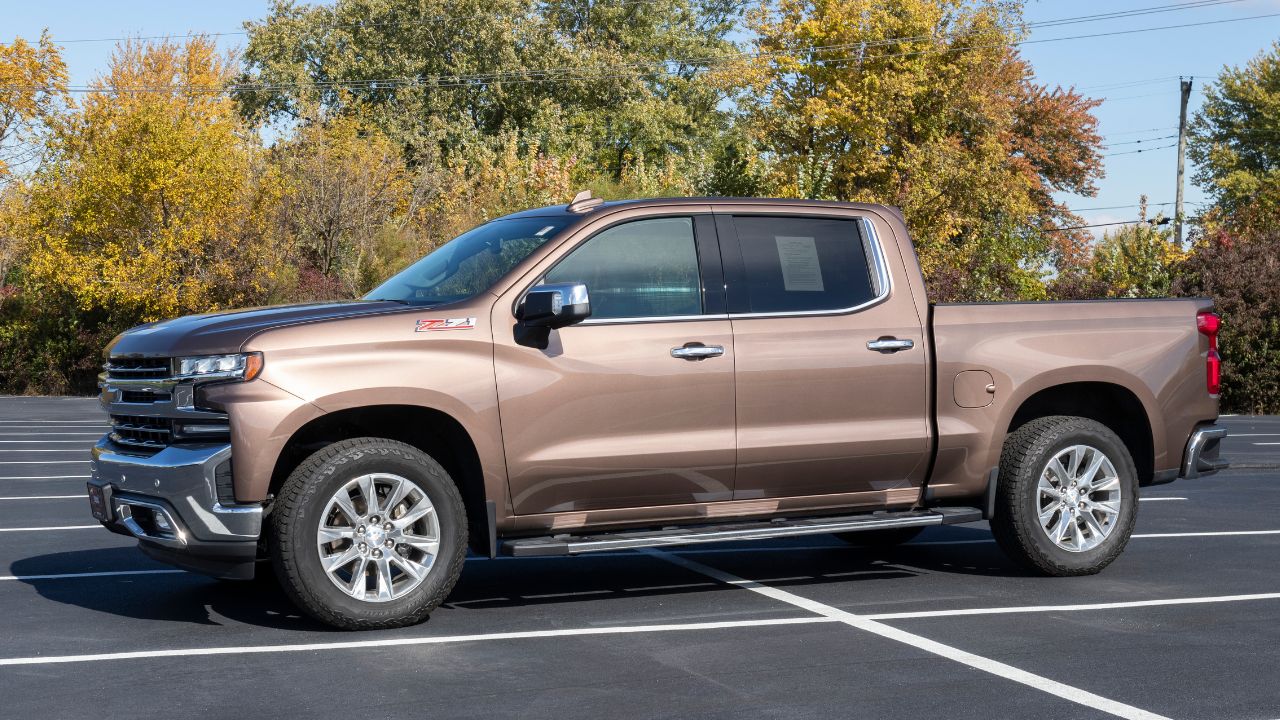
The Future of the Automotive Market
The automotive market is experiencing a dynamic shift, with electric vehicles gaining popularity. However, the enduring appeal of gasoline-powered V8s is evident in consumer preferences. Many enthusiasts are not ready to let go of their beloved combustion engines, and this sentiment is likely to sustain a market for V8s alongside EVs. Brands like Chevrolet and Ford are likely to continue producing V8 models, catering to diverse consumer needs.
Niche markets for V8-powered vehicles are also emerging among collectors and enthusiasts. Limited-edition models, such as the 2023 Chevrolet Corvette Z06, generate significant interest and maintain high resale values, highlighting the desirability of V8s. As the automotive landscape evolves, these vehicles may become sought-after collector’s items, preserving their legacy for future generations.
In summary, the automotive industry is on the brink of a revolution, but the gasoline-powered V8 engine is far from obsolete. With cultural significance, unparalleled performance, and ongoing technological innovations, V8s will continue to matter in 2030 and beyond. The future may be electric, but the roar of a V8 will always have a place in our hearts.
Like Fast Lane Only’s content? Be sure to follow us.
Here’s more from us:
*Created with AI assistance and editor review.

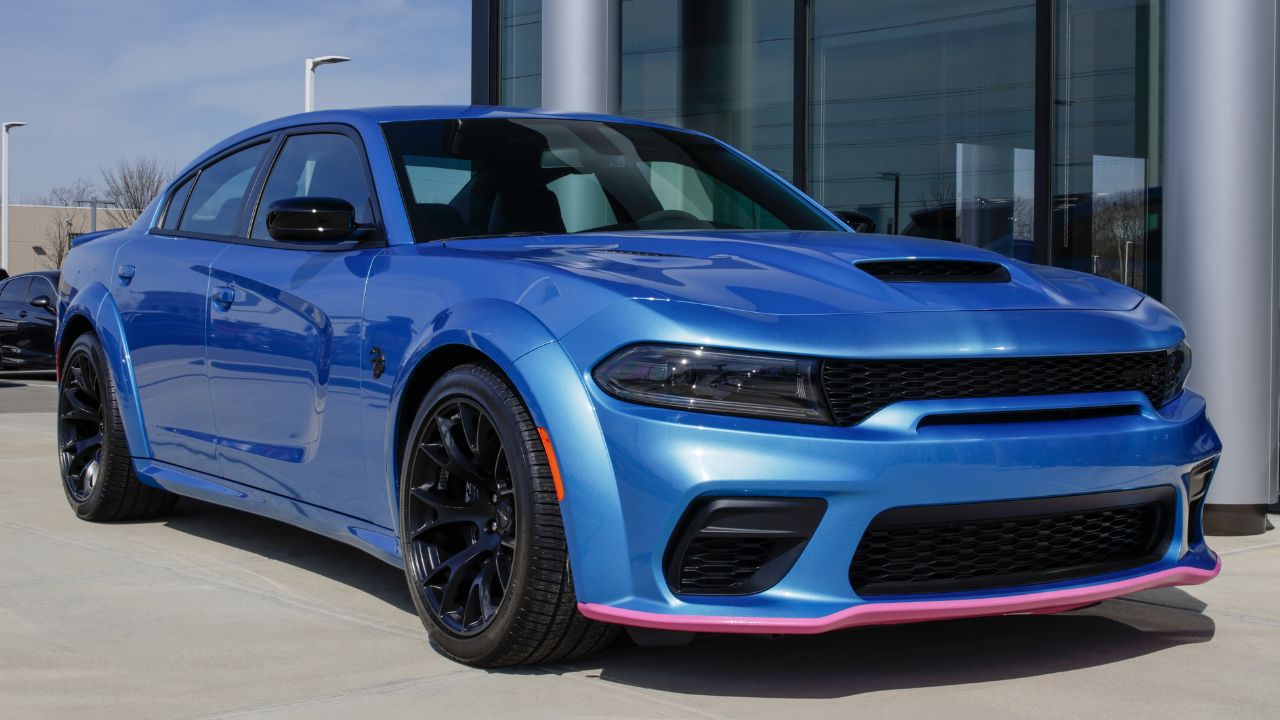
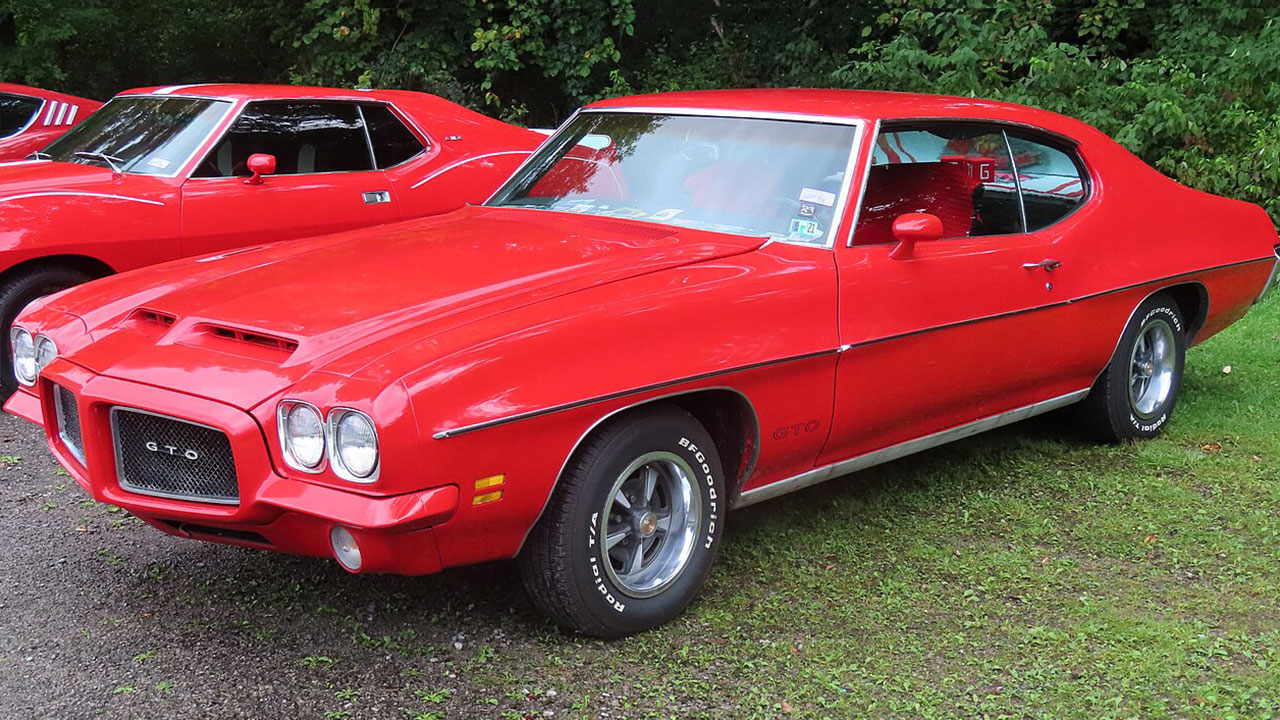

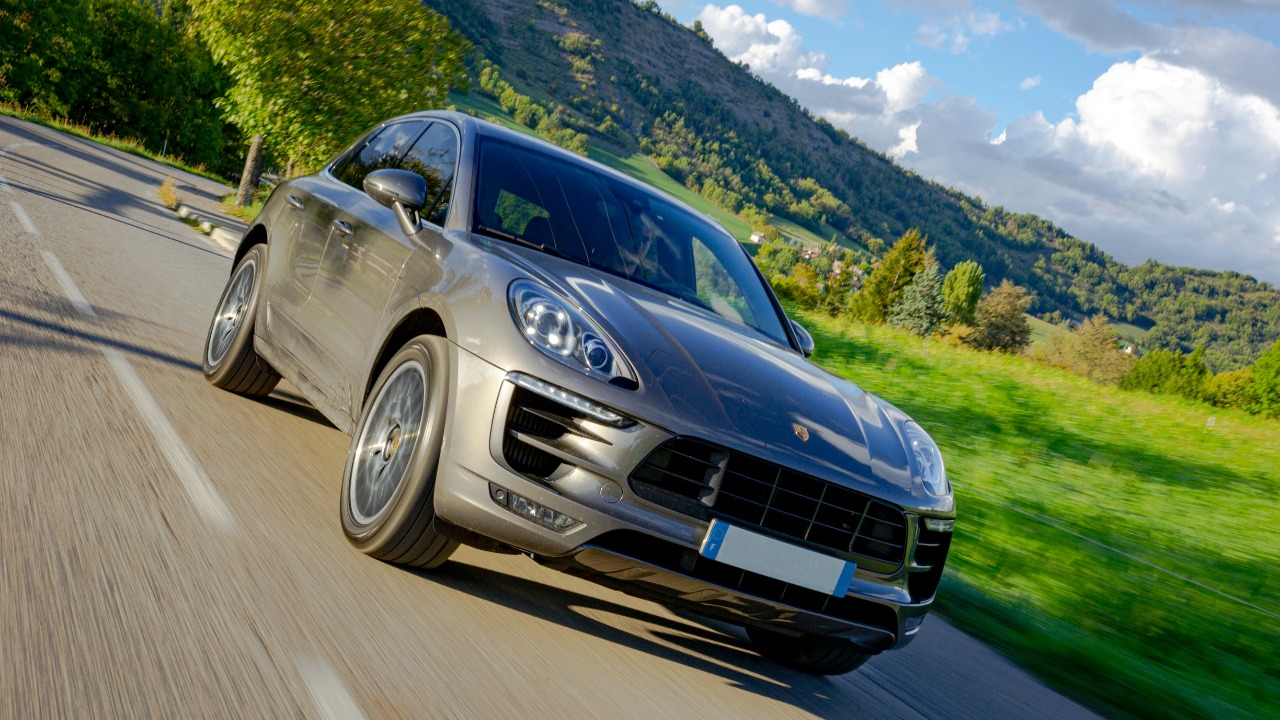
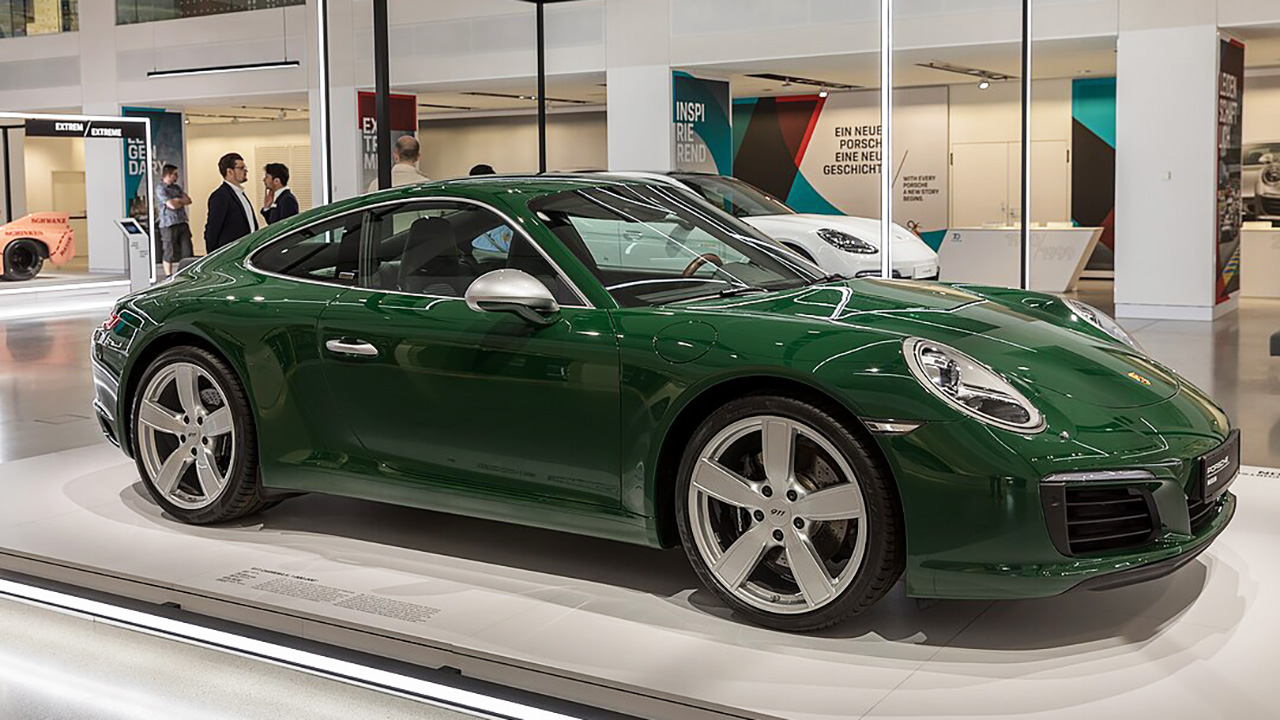
Leave a Reply